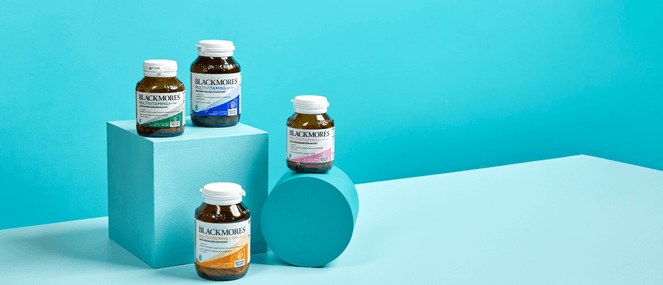
- Health hub/
- A Guide To Men's Health And Supplements/
- Antioxidants boost men's health and may prevent urinary tract infections


As the name states, antioxidants are compounds that prevent oxygen damage (oxidation), and fight the action of free radicals. Free radicals are unstable molecules missing an electron, and they damage other molecules by seeking out a full complement of electrons.
By taking electrons from other molecules they can damage cells. The damage they cause can accumulate, partly contributing to the ageing process and the development of some degenerative diseases.
Free radicals are formed within our bodies as a natural by-product of metabolism, and also from external sources such as ultraviolet radiation, pollution and cigarette smoke.
Antioxidants such as vitamin C, vitamin E and betacarotene may play a preventative role in ageing and the development of disease by neutralising free radicals.
To help better understand the action of free radicals and antioxidants, think about how a sliced apple turns brown. The inner flesh is exposed to air, allowing oxygen to create cell damage. But if you drizzle some fresh lemon juice over the sliced apple, the browning does not occur. The vitamin C (a potent antioxidant) in the lemon inhibits oxidation and helps prevent cellular damage.
How do antioxidants boost men’s health?
According to a recent study published in the Journal of Nutrition, antioxidants may significantly reduce the risk of developing lower urinary tract symptoms (LUTS) in men.
The study found that men with the highest average intake of the antioxidants lycopene, betacarotene or vitamin A had a 40 to 50 percent reduction in the chance of developing LUTS compared with men with the lowest average intakes.
The researchers suggested that antioxidants could influence LUTS by their abilities to prevent cellular damage by inhibiting oxidation, and the results support recommendations for increased fruit and vegetable consumption.
LUTS are common in older men and are associated with decreased quality of life. The symptoms of LUTS include frequent and urgent urination, and a weak urinary stream. The causes of LUTS are not fully understood, but some possible causes include inflammation and oxidative damage.
How to include more antioxidants in your diet
There are many different types of antioxidants, and the best approach may be to include a broad range in your diet. Following are some guidelines to help boost your antioxidant intake.
- Eat plenty of fresh foods everyday – By eating lots of fruits and vegetables every day, your body will have a constant supply of molecules that may help neutralise free radicals. Aim for at least five servings of vegetables and two servings of fruit.
- Add more colour to your diet – By eating a wide variety of different coloured fruits and vegetables, you increase your exposure to a wide variety of nutrients. Vibrant colors may correspond with more vitamins and antioxidants, so experiment with red, green, orange, yellow and blue fruits and vegetables.
- Include yellow and orange fruits and vegetables – Foods such as carrots, sweet potato, orange and yellow capsicum, corn, peaches, apricots, oranges and rock melon are good sources of the antioxidant betacarotene, the plant form of vitamin A.
- Include dark green leafy vegetables – Foods such as spinach, broccoli, cabbage, kale and salad greens like lettuce include a variety of antioxidants including vitamin E, vitamin C and betacarotene
- Include citrus fruits, and red fruits and vegetables – Foods such as oranges, mandarins and lemon, along with red capsicum, tomatoes, red grapes, strawberries and raspberries are rich sources of the antioxidant vitamin C.
- Include some plant and seafood fats – Foods such as nuts, seeds, avocado, olive oil and vegetable oils are high in the antioxidant vitamin E. Fish and seafood also contain vitamin E.
- Use healthy cooking methods for vegetables – Use minimal cooking time, and utilise cooking methods that minimise the loss of nutrients such as steaming, microwaving, grilling or stir-frying.
References available on request




